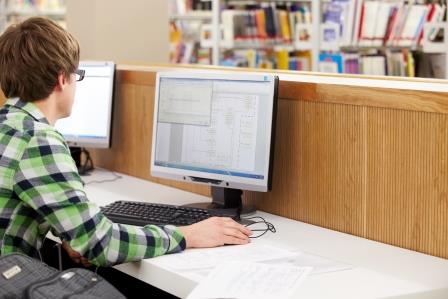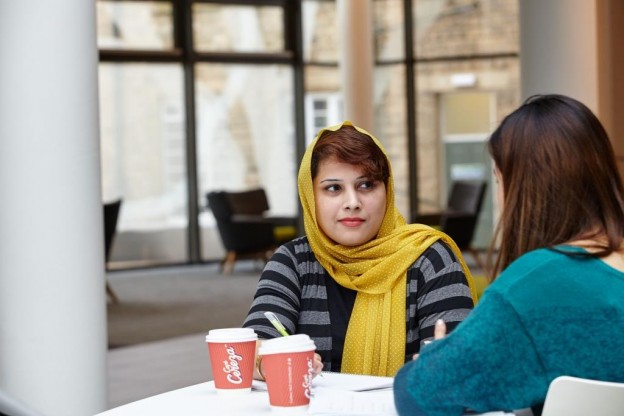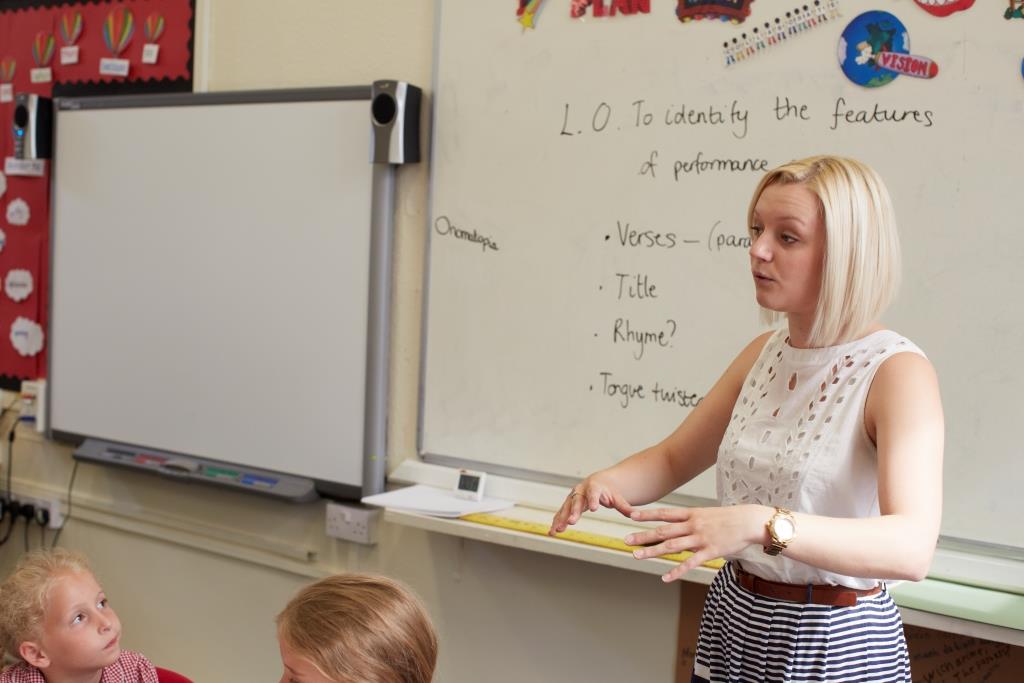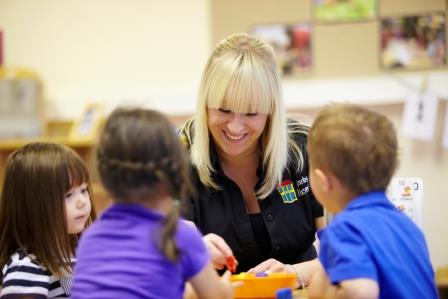-

Of writing, wardrobes and windows
In the coming months, we (Lisa and Karen) between us will write a research bid, an ethics application form, research articles, responses to reviewer comments, an SFHEA application, emails, module guides, and now, a blog post….a dizzying array of genres, each calling for different language choices and rhetoric if we are to achieve our communicative…
-

Marking to fail or facilitating success? Could understanding marking improve how feedback is perceived?
I was recently team-teaching and my colleague was speaking to our students about how they should use the Module Learning Outcomes and Pass Descriptors to inform their work and used the phrase “allowing you to experience success”. There was a slight buzz of conversation in the room and I overheard a few students muttering ‘I…
-

Guinness, Scandinavian noir and getting out more
Reaching the parts that others don’t reach SIOE has a global presence engaging with governments, universities, schools, students and lecturers across the planet. In the last year the Centre for Development and Research in Education (CDARE) led teacher professional and curriculum development in the EU (Chain Reaction, Engage, TEMI), Thailand, Malaysia, Ecuador, Ghana, the Philippines…
-

University can feel like a hostile place to Muslim students
This blog was originally published on The Conversation British Muslims are among some of the most disadvantaged people living in the UK, and yet this is not a story many are familiar with. This is because despite the poverty, disadvantage and social immobility Muslims face, headlines that link the faith to crime or terrorism, or…
-

A tale of two teachers: the importance of keeping a supply of great teachers for our region
It’s already March, and headteachers’, and trainee teachers’, thoughts are rapidly turning to next September. Before long, the adverts will be out, the shortlisting will be done and heads and trainees will be looking warily across a desk at each other, both thinking the same thing: do I want to work with you? Lots has…
-

Stories that make up who we are (not): How children and young people navigate their lives through stories
We are all surrounded by stories- multiple narratives that make up the fabric of the world around us and through which we are able to make sense of our place in it. We tell stories, to inform ourselves about where we are from, where we are going, and who we are along the way. We…
-

Achieving the early childhood panacea: the missing link…
Over the past two decades there has been substantial political interest and expansion of Early Childhood Education and Care (ECEC) services. Whether this be private nurseries, the voluntary sector or the maintained sector, such as schools and children’s centres. From September 2017, the entitlement to funded provision, introduced in the Childcare Act 2016, will rise…
-

How to get the best from practical work
Practical work is, again, in the science education spotlight, with findings from a recent Wellcome Trust study suggesting that recent changes to assessment at GCSE are leading to more and more pupils missing out on practical work in science. The fact that science is, as the report states, an inherently practical subject, increases the mystifying…
-

Access to A level Further Mathematics: it matters and it’s at risk for many
Recently, A level league tables were published alongside secondary league tables. No surprise that independent schools continue to be at the top or that there are big differences in performance in different areas of the country. But it is not just performance that varies considerably – so does access to doing A levels and that…
-

Terraced House or Terrorist House? What effect will the Prevent Duty have on trainee teachers and teacher educators in higher education?
The first phrase highlighted above is not a SPAG (spelling, punctuation and grammar) test question, but rather a phrase overheard in a primary school classroom that led to a ten year old boy and his family being questioned by the police earlier this year. This is not an isolated occurrence, with similar stories in the…
Got any book recommendations?